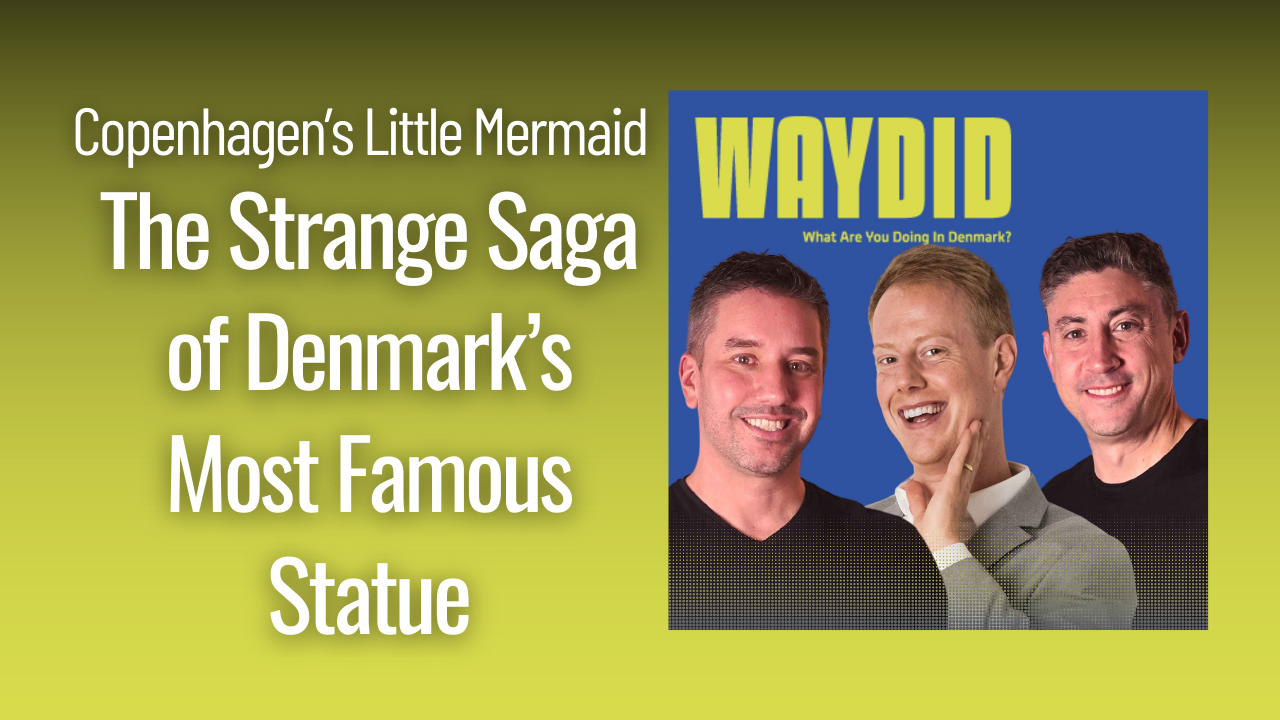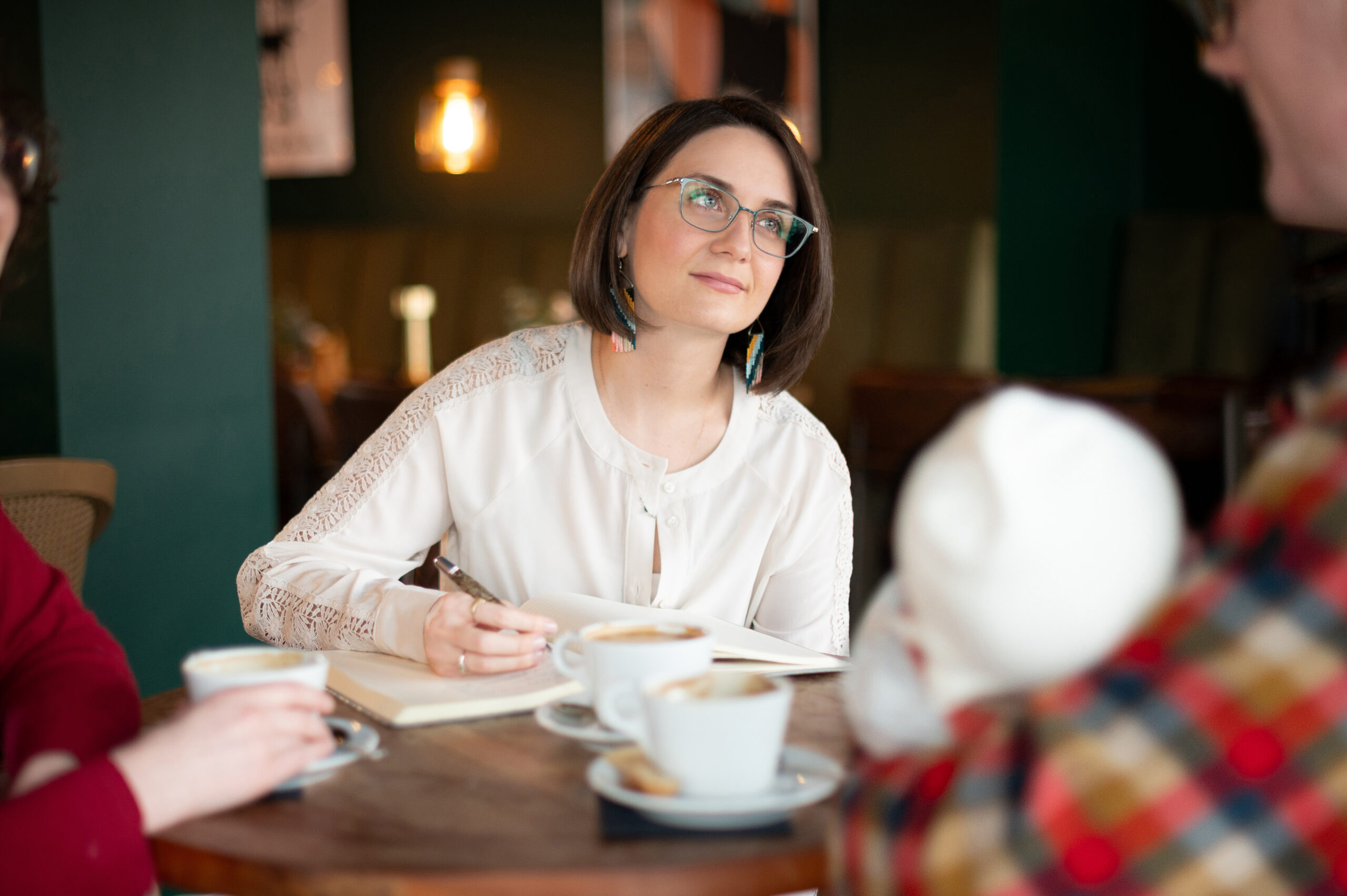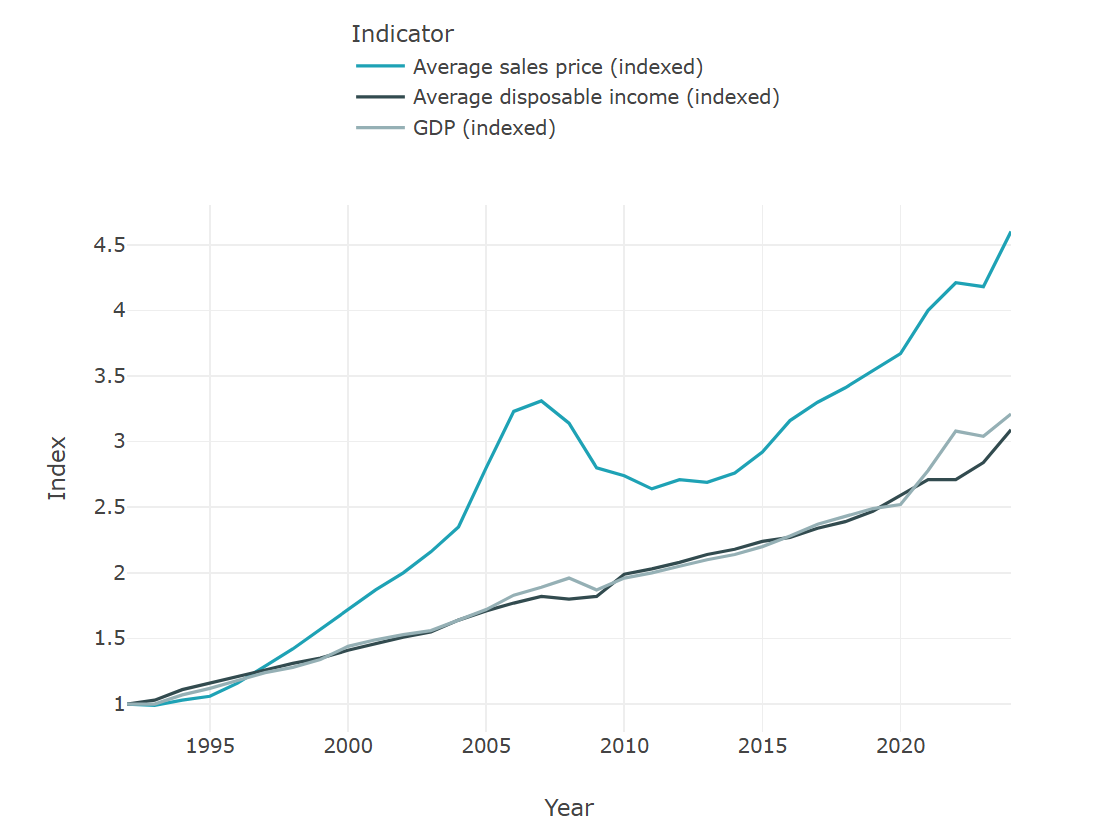This week, I’m beginning a three-part series on procrastination: not the kind that gets in the way of the HAVE-TO-DOs, but the kind that prevents us from having that 4K ultra-HD, hi-res audio life experience full of WANT-TO-DOs – those things that transform a good life into a great one.
Like Holmes and Moriarty
When I’m working with clients, one focus area is time management and its seemingly polar opposite: procrastination. Superficially, they’re a classic good vs evil, hero and villain scenario in which the hero (time management) battles procrastination in a winner-take-all fight for supremacy similar to Sherlock Holmes and Professor Moriarty, Batman and the Joker, Wile E Coyote and Road Runner, and Liverpool and Manchester United. But this is not entirely accurate.
How we manage our time is a spectrum from procrastination on one end to impulsiveness on the other. When we act instinctively or on impulse, we react without thinking or make decisions based on our gut reaction. These impulses – or short, quick feelings – are the reason stores stock junk food near the register.
Delaying can be best
On the other hand, we procrastinate when we intentionally or habitually postpone or delay. And this delaying can be the best option: to respond instead of react, to give us the space to assess or reassess as the situation changes or as we uncover new information. In other words, procrastination can be the best time management strategy (in the short-term).
Successful time management is about knowing the appropriate measure of delaying and reacting. If you’re considering moving your entire family to Bangladesh, acting on impulse is probably not the best option. On the other hand, if an exam paper is due tomorrow, spring cleaning your apartment isn’t either.
The in-betweeners
But the majority of us are somewhere in between – sometimes even impulsively procrastinating. Like anyone else, I too have household chores that need to get done and work deadlines that need to be met, but when do I get serious and focused? I know what I should be doing. I know that I should ‘use my time wisely’, but I don’t – at least, not all the time. And even though I get things done, eventually, something should probably change. Why?
It’s unpleasant, stressful, and self-destructive. In that moment, I never fully utilise all my resources and, ultimately, I end up underachieving or underperforming. This eats away at me, filling me with both regret and self-loathing, which in turn makes me procrastinate even more as I self-medicate with anything and everything other than what I’m supposed to be doing.
Toxic procrastination
This is when procrastination gets in the way. This is when it becomes harmful. Ironically, how I’ve tried to overcome procrastination in the past has actually led to more procrastination. The more I’ve focused on it, read up on it and tried different strategies to overcome it, what have I actually been doing? Still procrastinating! And not doing what I’m supposed to be doing!
But in the end, procrastination isn’t the problem. There’s a reason I’m delaying, so instead of trying to defeat procrastination, I should try to understand it – not as an obstacle but as a process.
Stay tuned for Part 2 – Procrastination: A brain battle.













